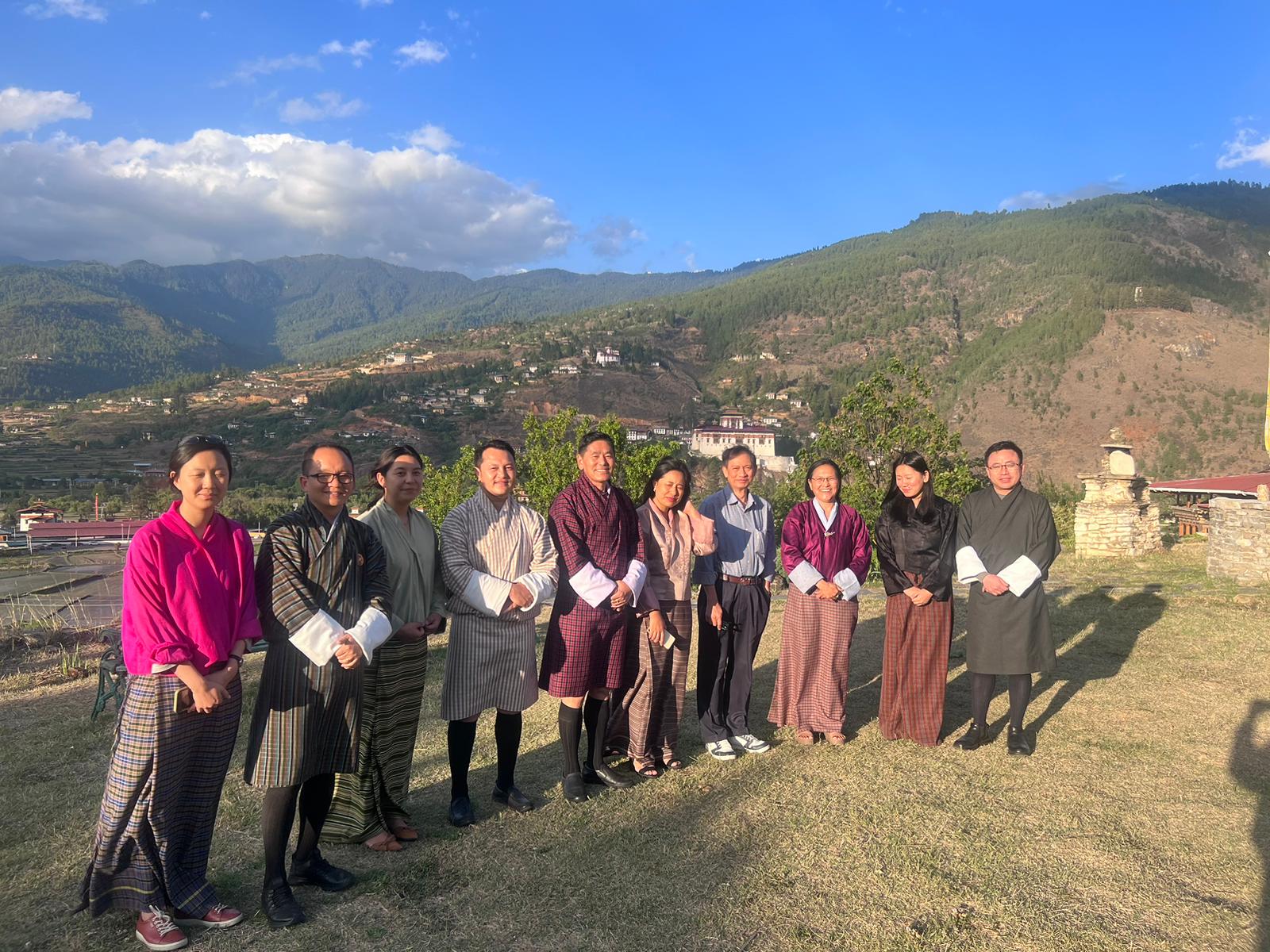Bhutan Ecological Society Collaborates with FAO to Update Agro Ecological Zones and Map Farming Systems

Thimphu, Bhutan
The Bhutan Ecological Society (BES) is pleased to announce its collaboration with the Food and Agriculture Organization of the United Nations (FAO) to update the Agro Ecological Zones (AEZ) of Bhutan. This initiative is part of a comprehensive project aimed at mapping the farming systems across the country.
With generous funding support from the FAO, the project has entered its first phase, focusing on the revision and enhancement of the Agro Ecological Zones. This crucial step will provide a robust foundation for understanding the diverse agricultural landscapes of Bhutan and help guide sustainable agricultural practices and policies in the country.
From 16th to 20th May, the BES organized a training workshop for 10 participants from relevant agencies, including the Department of Agriculture, National Soil Service Center, and National Statistics Bureau. Dr. Moe Mynt, a renowned expert in the field, facilitated the training, imparting his extensive knowledge on the PyAEZ methodology developed by the Asian Institute of Technology (AIT) in Bangkok for mapping the Agro Ecological Zones.
The training equipped participants with advanced skills and techniques required to accurately update and map the Agro Ecological Zones of Bhutan. By employing the PyAEZ methodology, the participants gained a deeper understanding of the intricate relationships between climate, soil, and agriculture, enabling them to identify the most suitable agro-ecological zones for various farming practices in Bhutan.
The successful completion of this training marks a significant milestone in the larger project undertaken by the BES and FAO. The subsequent phases will focus on further refining and validating the mapping of farming systems across Bhutan, providing invaluable insights for sustainable agricultural planning and resource management.
The BES expresses its gratitude to the FAO for their support and partnership in this important endeavor. The collaboration between these organizations demonstrates a shared commitment to preserving Bhutan’s unique agricultural heritage while promoting sustainable farming practices in the face of evolving environmental challenges.